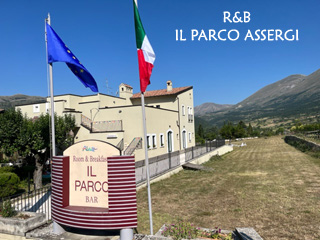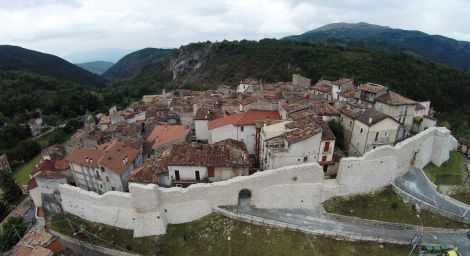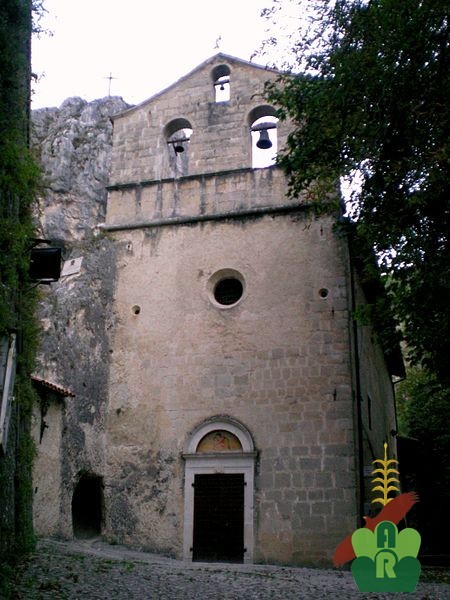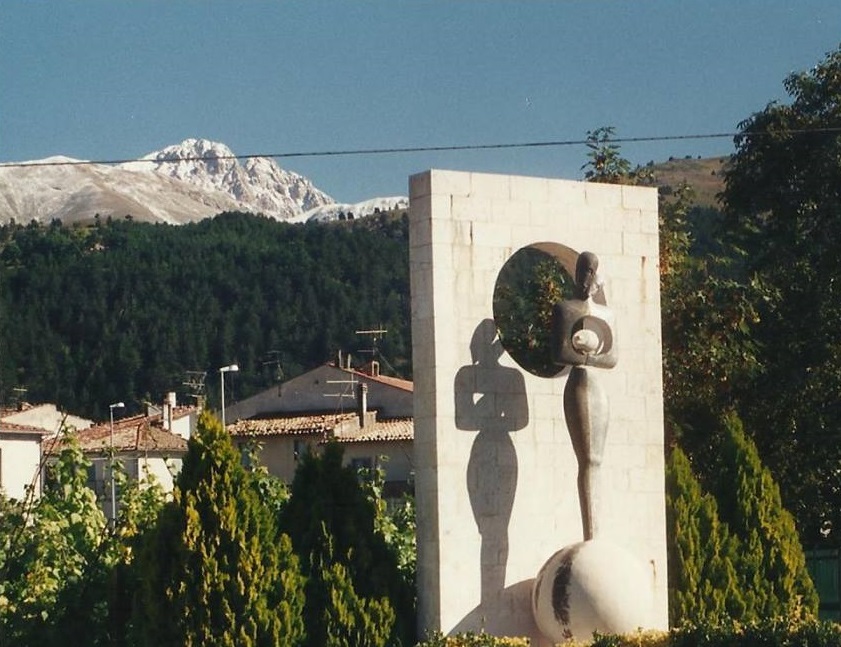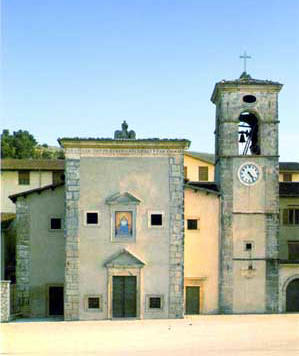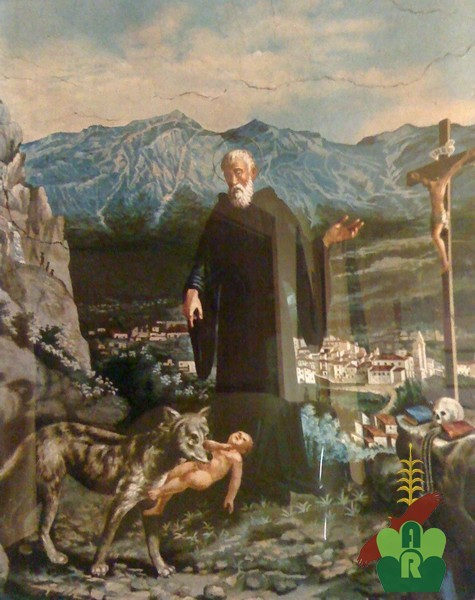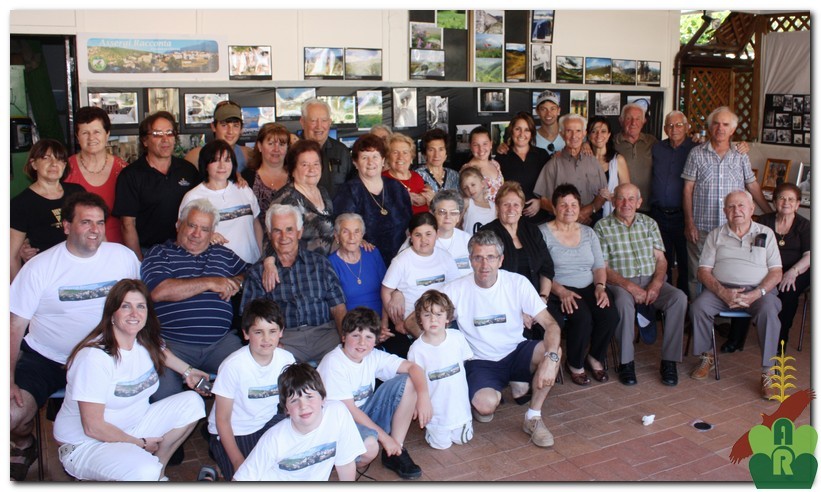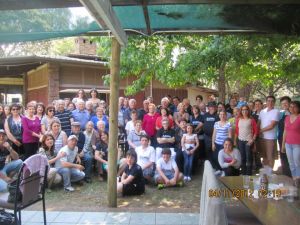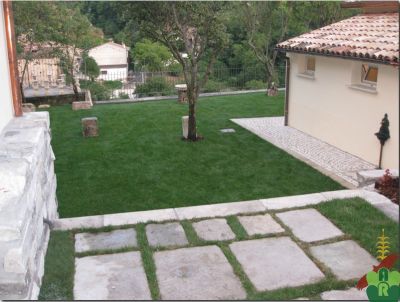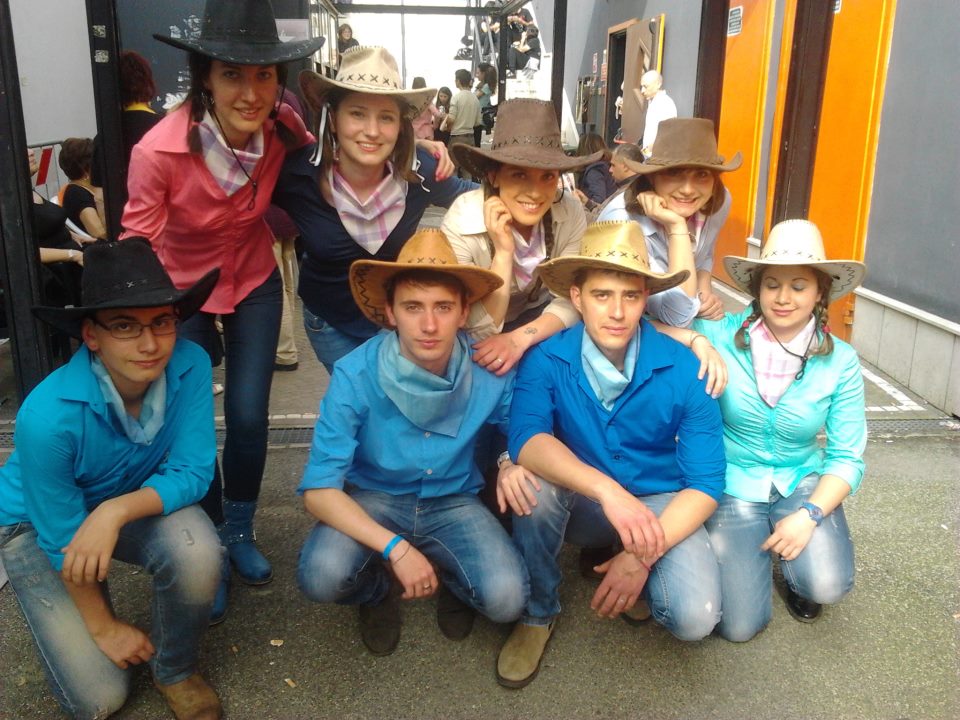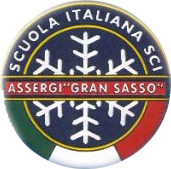Doubts cast on faster-than-light neutrinos experiment
Posted by Antonio Giampaoli
| 2011-11-23 | Commenti: 3 | Letto 988195 volte
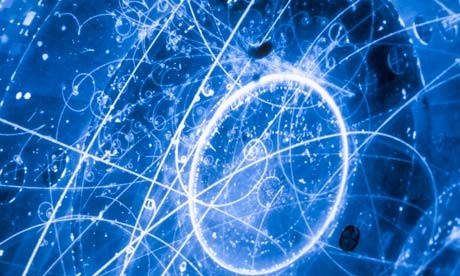
(The Guardian) - The idea that subatomic particles can travel faster than the speed of light in contravention of the currently accepted laws of physics has been dealt a serious blow by researchers who share the lab of the team that made the original finding.
In September, physicists working on an experiment called Opera at the Gran Sasso laboratory in Italy announced that neutrinos sent there from Cern near Geneva seemed to complete the 450 mile (720km) journey faster than a beam of light.
The group went on to refine their experiment and reported on Friday that the ghostly particles still appeared to be breaking nature's speed limit in a troubling violation of Einstein's theory of special relativity that would allow information to be sent back in time and so play havoc with the principle of cause and effect.
But measurements by a competing team of physicists at the Gran Sasso laboratory now suggest the neutrinos cannot have travelled faster than the speed of light as they hurtled through the Earth from Switzerland to the Gran Sasso lab near Rome in central Italy.
The team, who work on an experiment called Icarus, tested an argument described in a recent paper by Andrew Cohen and Sheldon Glashow at Boston University, who claimed that faster-than-light or "superluminal" neutrinos would lose energy by spewing out electrons and their antimatter partners, called positrons. Professor Glashow shared the Nobel prize for physics in 1979.
When Maddalena Antonello and others on the Icarus team analysed the energy of the neutrinos arriving at Gran Sasso, they found no evidence that they had lost energy the way Cohen and Glashow predicted. The finding has bolstered the view of many physicists who believe the Opera result is an error of measurement.
"Cohen and I argue that superluminal neutrinos ... must produce electron–positron pairs. They do not ...Thus, we conclude that the neutrinos are NOT superluminal," Prof Glashow told the Guardian. He went on to add that if neutrinos did travel faster than light "we would have to abandon much of what we think we know, much more than 'just' special relativity."
Jim Al-Khalili, a professor of physics at the University of Surrey who pledged to eat his boxer shorts live on television if the Opera result was proved true, was similarly sceptical that neutrinos can move faster than light.
"Opera measures the time of neutrino travel and hence their speed, whereas Icarus – who also detect the same neutrino beam – measure the spread in energy of the arriving neutrinos. They found that the neutrinos don't lose energy on their route. The problem of course is that they should do, if they were travelling faster than light. This is the equivalent of the sonic boom when something goes faster than sound.
"Usually we see this effect when particles go faster than light through transparent media like water, when light is considerably slowed down. It's called Cerenkov radiation. So these neutrinos should have been spraying out particles like electrons and photons in a similar way if they were going superluminal – and in the process would be losing energy. But they seemed to have kept the energy they started from, which rules out faster-than-light travel."
Matt Strassler, professor of theoretical physics at Rutgers University in New Jersey, said the Icarus results did not completely rule out faster-than-light neutrinos. "Cohen-Glashow and Icarus have shown that if Opera is correct, and Einstein's relativity must be modified, then that modification must also cleverly eliminate the Cerenkov-like radiation that would have affected both Opera and Icarus. That's a very tall order, to be sure; but until someone proves that no such modification is possible, we can't firmly conclude Opera is wrong," he said.
Commenta L'Articolo
